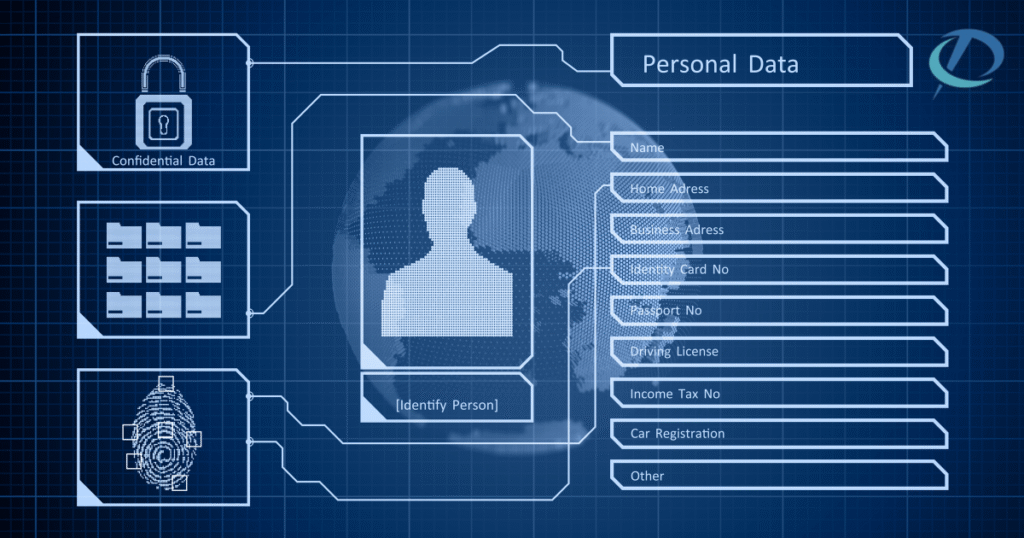Table of Contents
Recent headlines have highlighted a significant privacy violation involving Netflix, resulting in a €4.75 million fine by the Dutch Data Protection Authority (DPA). The issue stemmed from Netflix’s failure to provide clear and sufficient information about how users’ personal data was processed between 2018 and 2020. The investigation revealed vague explanations of data use, sharing practices, and retention periods. This violation of the General Data Protection Regulation (GDPR) underscores the serious repercussions for businesses that fail to comply with stringent data protection laws. This incident highlights that even industry leaders are not exempt from compliance obligations.
GDPR: What It Means for Businesses
The GDPR, enacted in 2018, sets a global gold standard for data protection and privacy. It mandates businesses to inform users transparently about how their personal data is collected, processed, and stored. Non-compliance can lead to severe penalties up to 4% of global turnover or €20 million, whichever is higher.
For businesses, GDPR compliance is not just a legal mandate but a cornerstone of user trust. Regular audits, appointing Data Protection Officers (DPOs), and aligning with GDPR principles like data minimisation and lawful processing are crucial. As the Netflix case shows, ignorance offers no shield from scrutiny.
What You Need to Know About Personal Data
Companies must ensure their data practices are clear and lawful, providing users with accessible ways to understand how their information is used. Transparency and clarity are not just legal obligations, they’re essential for maintaining trust.
For consumers, the stakes are equally high. Every day, people share personal data for online services and purchases. Be cautious, read privacy policies, understand why your information is requested, and exercise your rights to access or delete data if needed. Always remember, your data has value.
Steps for Businesses to Handle Data Safely
- Be Transparent: Explain clearly why you need user data and how you will use it. Keep privacy notices jargon-free.
- Collect Only What’s Needed: Don’t gather unnecessary information that increases risk. Focus on essentials.
- Secure Data: Use encryption and anonymisation to safeguard information from breaches.
- Respect User Rights: Ensure users can access, update, or delete their data easily.
- Stay Updated: Regularly review your policies to keep up with evolving regulations.
- Train Your Team: Equip staff with knowledge about data protection and secure handling practices.
Privacy and AI: The Next Big Challenge
New technologies like AI and machine learning offer significant benefits but come with risks. These tools often rely on large amounts of personal data, raising concerns about misuse or breaches. Businesses must balance innovation with responsibility, ensuring AI systems are transparent and fair. AI’s ability to predict and process sensitive information adds complexity to data privacy. Companies must ensure these technologies align with ethical standards and privacy laws. Conducting regular audits of AI tools will be essential to maintaining trust and compliance.
Final Thoughts
The Netflix fine serves as a stark reminder that data privacy is not optional; it is an essential part of doing business in the modern era. As regulations evolve to address new challenges, such as emerging technologies and AI, companies must adapt proactively. Failure to do so not only risks severe financial penalties but also irreparable damage to their reputation. So, we leave you with this crucial question:
“Do you understand what personal data you hold, and are you treating it appropriately?“





